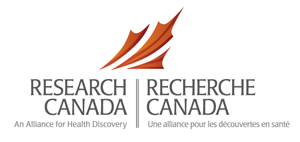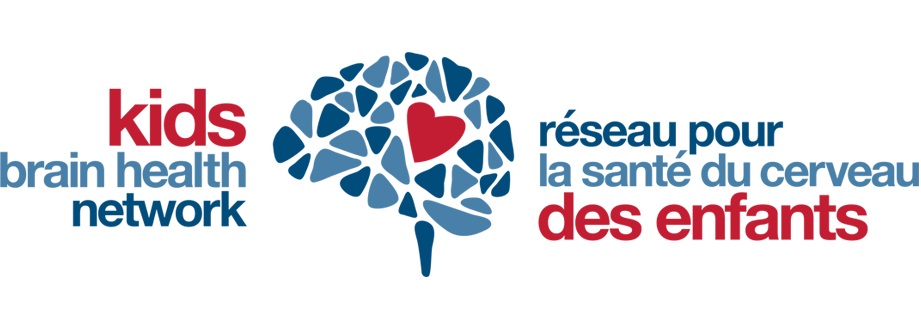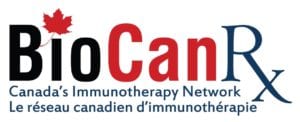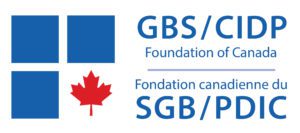Game Changers in Health Research and Health Innovation

Game Changers in Health Research and Health Innovation Virtual Panel
Tuesday, May 10, 2022
This Game Changers in Health Research and Health Innovation Virtual Panel, the second in a series of Parliamentary Health Research Caucus events under this theme, will feature some of the best and brightest Canadian health researchers and innovators who will share their game-changing health research and innovations that promise revolutionary change in human health and healthcare with Parliamentarians and special guests.
Featured Panellists
- MODERATOR: Florence Dzierszinski, PhD
- Nicholas Carleton, PhD, R.D. Psych
- Souvik Mitra, MD, MSc, FRCPC
- Pamela Roach, PhD
- Stuart Turvey, MB BS, DPhil, FRCPC
- Jennifer Zwicker, PhD, MPP

Florence Dzierszinski, PhD
President, University of Ottawa Institute of Mental Health Research at The Royal
VP Research, The Royal
Dr. Florence Dzierszinski is the President of The Royal’s Institute of Mental Health Research, affiliated with the University of Ottawa, and Vice-President of Research at The Royal. In this role, Dr. Dzierszinski champions the next chapter in ground-breaking mental health research and fosters an integrated research and clinical model at The Royal, driven by the needs and experiences of clients and families. Dr. Dzierszinski has a strong track record of health research – including a CIHR Canada Research Chair at McGill University and awards from Canadian Institutes of Health Research (CIHR), Natural Sciences and Engineering Research Council of Canada (NSERC), Canadian Foundation for Innovation (CFI) among others. She is well-known for her organizational leadership supporting research excellence, integration of research and care, and client- and family-oriented research.
 R. Nicholas Carleton, PhD, R.D. Psych
R. Nicholas Carleton, PhD, R.D. Psych
Professor of Psychology, University of Regina
CIPSRT Scientific Director
Dr. Nicholas Carleton is a Professor of Clinical Psychology currently serving as the Scientific Director for the Canadian Institute for Public Safety Research and Treatment. He has published more than 180 peer-reviewed articles, is Member of the Royal Society of Canada’s College of New Scholars, Artists, and Scientists, and is a Fellow of the Canadian Academy of Health Sciences. He is actively leading national research projects focused on post-traumatic stress injuries among public safety personnel.
 Souvik Mitra, MD, MSc, FRCPC
Souvik Mitra, MD, MSc, FRCPC
Associate Professor of Pediatrics
IWK Health & Dalhousie University
Dr. Souvik Mitra is a Neonatologist and Associate Professor of Pediatrics at IWK Health and Dalhousie University, Halifax. His research explores whether simple, inexpensive drug treatments such as ibuprofen or acetaminophen can safely treat a potentially devastating heart condition called the patent ductus arteriosus (PDA) in extremely premature babies, thereby reducing the need for heart surgery. He currently holds two grants from the CIHR to carry out his PDA-research that involves several centers across Canada and the United States.
 Pamela Roach, PhD
Pamela Roach, PhD
Assistant Professor, Department of Family Medicine
Director, Indigenous Health Education, Indigenous Local and Global Health Office
Cumming School of Medicine, University of Calgary
Dr. Pamela Roach is an Assistant Professor in the Departments of Family Medicine and Community Health Sciences at the University of Calgary and is also the Director, Indigenous health education Health for the Cumming School of Medicine. She is a citizen of the Métis Nation of Alberta who has been working in various community-based health research settings for the last twenty years. Her research is focused on Indigenous health systems safety and the intersection of health services research and medical education to improve individual and population level outcomes.
 Stuart Turvey, MB BS, DPhil, FRCPC
Stuart Turvey, MB BS, DPhil, FRCPC
Canada Research Chair in Pediatric Precision Health
Aubrey J. Tingle Professor of Pediatric Immunology
Professor, The University of British Columbia
Clinician-Scientist, BC Children’s Hospital Research Institute, Provincial Health Services Authority
Why do some healthy children succumb to overwhelming bacterial infection, while others either survive infection or do not become infected at all? Why do some children suffer crippling juvenile arthritis or life-threatening asthma? Dr. Stuart Turvey’s research program is focused on determining the early-life origins of asthma and allergic disease, as well as harnessing the power of genomics to diagnose, treat and prevent pediatric immune disorders. His ability to transition from the clinic to the lab allows Dr. Turvey to take a precision health approach that is sensitive to the developmental course of the child. His work determines and responds to the underlying cellular, molecular and genetic abnormalities responsible for disease.
 Jennifer Zwicker, PhD, MPP
Jennifer Zwicker, PhD, MPP
Director, Health Policy
Associate Professor, Faculty of Kinesiology
Canada Research Chair (II) Disability Policy for Children and Youth
Deputy Scientific Officer, Kids Brain Health Network
Dr. Jennifer Zwicker is Director of Health Policy at the School of Public Policy, associate professor in the Faculty of Kinesiology, University of Calgary, Canada Research Chair (II) in Disability Policy for Children and Youth and Deputy Scientific Officer for Kids Brain Health Network. Her research program utilizes quantitative and qualitative approaches to assess interventions and inform policy around allocation of funding and access to services and supports for youth with disabilities and their families.
Sponsored By
Innovative Medicines Canada is the national voice of Canada’s innovative pharmaceutical industry. We advocate for policies that enable the discovery, development and commercialization of innovative medicines and vaccines that improve the lives of all Canadians. We support our members’ commitment to being valued partners in the Canadian healthcare system.
Kids Brain Health Network is a national network of researchers and health professionals dedicated to helping children with neurodevelopmental disabilities and their families. We fund collaborative research, train the next generation of developmental neuroscientists, and mobilize our findings for impact.
The Stem Cell Network (SCN) is a Canadian not-for-profit that supports three main objectives: stem cell and regenerative medicine research; training the next generation of highly qualified personnel; and supporting the knowledge mobilization and transfer of stem cell and regenerative medicine research.













